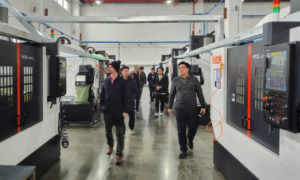
InCap Partners with ESiC to Strengthen Asia-Pacific Electronics Procurement in China
InCap Partners with ESiC to Strengthen Asia-Pacific Electronics Procurement in China.
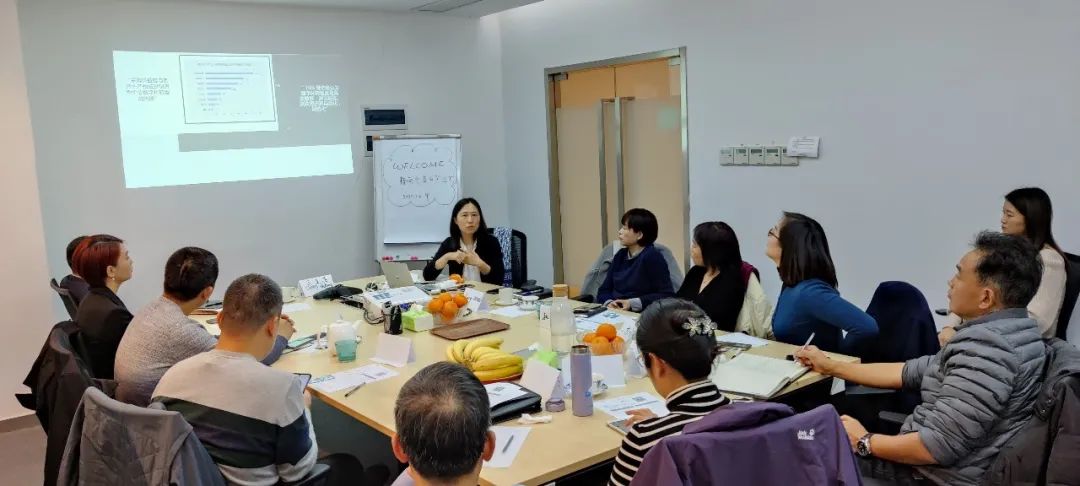
2020, a special year because of COVID-19. Many companies have accelerated the pace of digital management transformation due to the impact of COVID-19 on their operations. The SRM industry where Fengzhi is located, after experiencing a long hibernation in the first half of the year, there is a trend of demand blowout gradually in the second half of the year, and business development and projects are busy. When we received a letter of cooperation from Jingshanghui Business School hoping to arrange a stop of “Enterprise 100 days” activity in ESiC Technology, we could not help but mutter: the business is too busy to fully prepare for the reception, and I am really worried that this activity will eventually become generic and mere formality.
Unexpectedly, the theme we chose for the event “digital procurement” turned out to be very diversion – the number of applicants exceeded the limit of the event. In particular, the personal experience, profound insights, and active exchanges of corporate CEOs and purchasing managers on digital procurement during the discussion process made this small “business line” activity ultimately a surging convergence of “digital procurement” thought sonata. ESiC people have also benefited a lot from it, and have strengthened their determination to further cultivate SRM.
On December 9, 2020, a group of more than ten ceos and procurement professionals from private and foreign enterprises came to ESiC Technology with Elite Business School’s “100 days of enterprise travel”.
This is an interaction of seeking knowledge and solving problems
During the self-introduction of the ice-breaking link, the participants not only introduced themselves and their enterprises, but also expressed their expectations for this salon and the pain points encountered in the procurement management process:
One person confessed to wanting to know how other companies are implementing digital procurement. What resources and processes are needed?
Some people are curious about the extent to which digital procurement has been implemented in the enterprise and what kind of contribution has it brought?
Some people described their own difficulties in MRO (non-direct materials) procurement management: a wide range of categories, a small amount of low value, lack of bargaining power, cost management manpower… How to integrate and optimize, reduce cost and improve efficiency?
Some people also mentioned the difficulty of project management: how to meet the needs of customers and integrate the products/services that they are not good at into a package solution? How to manage one-time procurement suppliers, taking into account quality and cost?
Some people said that their own enterprise has launched the SRM system, and they want to see more and learn more about what similar systems are used by other enterprises, and what different functions and practices can be used for reference.
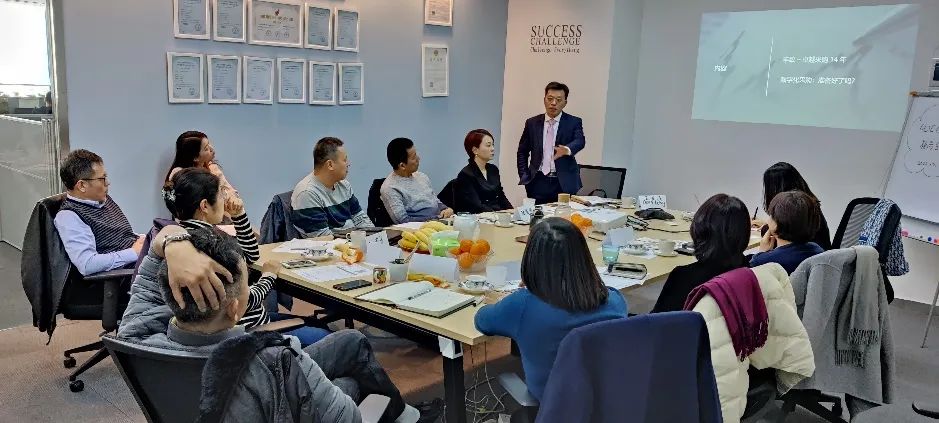
It was an honest, lively, and sparkly discussion.
Before the theme sharing, Li Hai, Vice president of operations, routinely made a brief introduction of the company and the SRM products of the company. After the introduction, we should have entered the topic discussion step by step, but we knew that everyone was enthusiastic about the SRM system, kept asking questions, and launched a discussion on the implementation of the SRM system and the digital practice of procurement in advance.
Everyone also asked directly about the difference between Fengzhi SRM and rival products, what is unique? — From this, we understand that ESiC e-Sourcing unique “procurement strategic management” module, unique category segmentation management, early introduction of new product introduction (NPI) module to assist suppliers in research and development, detailed supplier classification management and classification application module……
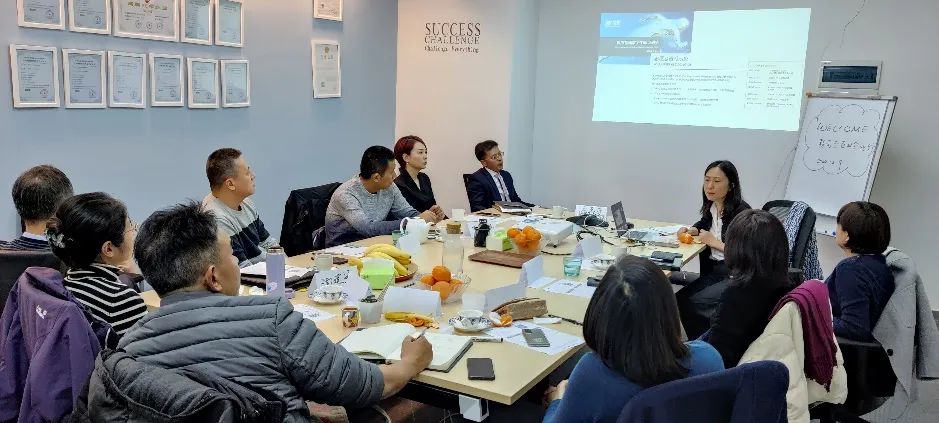
This is also a rich digital procurement frontier knowledge, dry goods full of sharing.
With the enthusiasm of the discussion, Jenny introduced everyone to the theme sharing of this activity — digital procurement. Jenny shared with you the summary of her practice and management philosophy of more than 20 years of procurement work, which aroused the resonance of everyone. Jenny also introduced her work on ISMChina’s Digital Transformation Committee (DX Committee), highlighting the results of a pioneering research activity she chaired《ISMChina 2020供应管理数字化转型调研报告》。It helps everyone to fully understand the practice track of digital procurement in the world and the depth and breadth of practice in China within a limited time. The details of the dry goods shared are not to be repeated here, and you are welcome to click the link of the research report.
“With the widespread use of RPA (Robotic Process Automation) and AI (Artificial Intelligence) in digital procurement, many repetitive tasks that are currently done by humans will inevitably be done by computers… Sourcing, quoting, placing orders, urging goods… These transactional tasks will be automated. Purchasers will have more time to engage in more valuable management work.” Jenny’s description of the prospect of digital procurement has brought a great impact on everyone, and has inspired everyone to think about procurement and the future development of their respective companies.
Originally planned half-day corporate activities, after everyone together a warm lunch (while eating and talking), there is still a sense of unfinished business. All the participants expressed their desire to find another opportunity to discuss “digital procurement” in depth.
Happy and full of passion, Michael also made a thought echo after returning home, and sent everyone a handwritten impression of the activity in the wechat group.
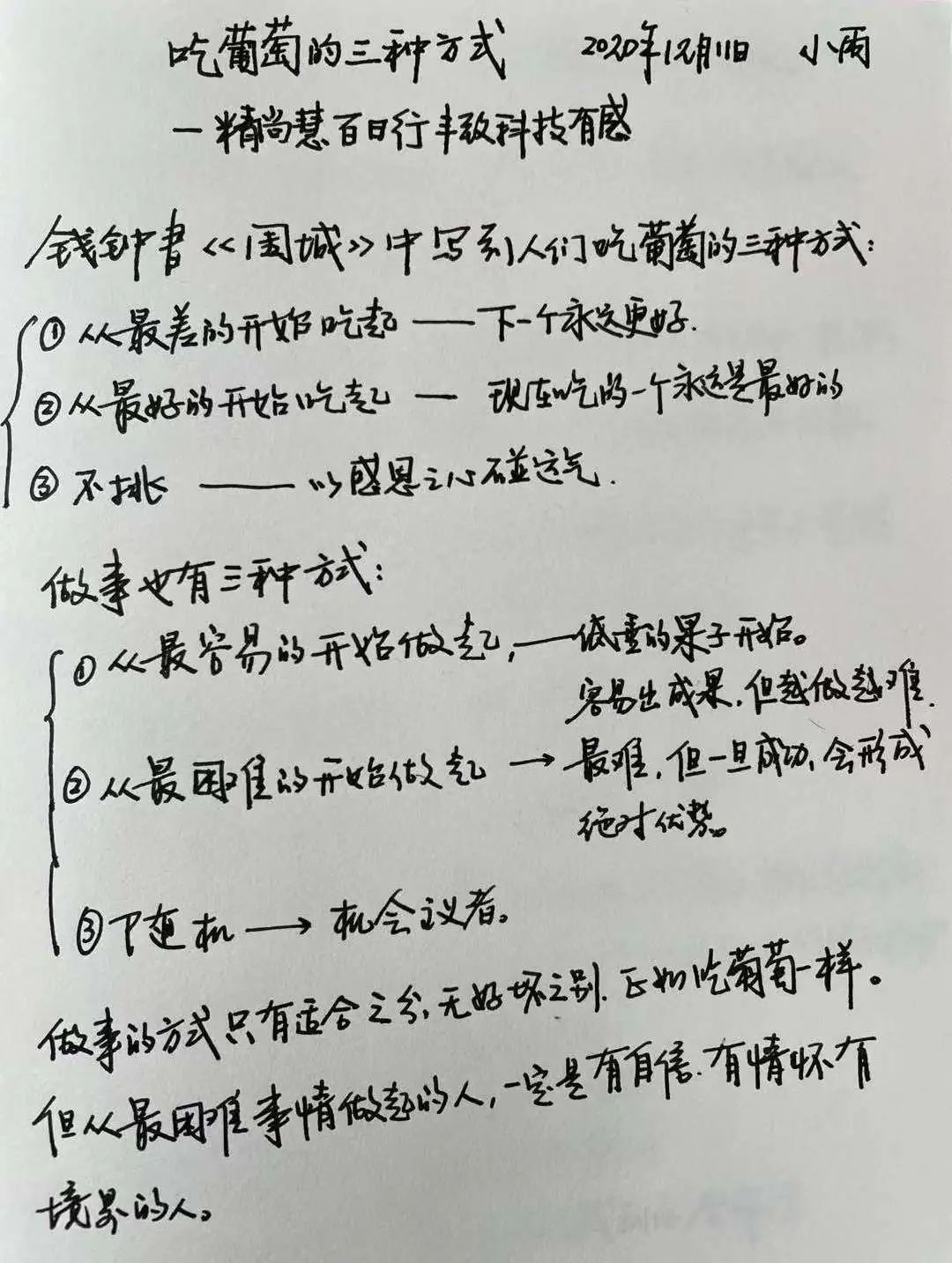
2020.12
Michael Yang
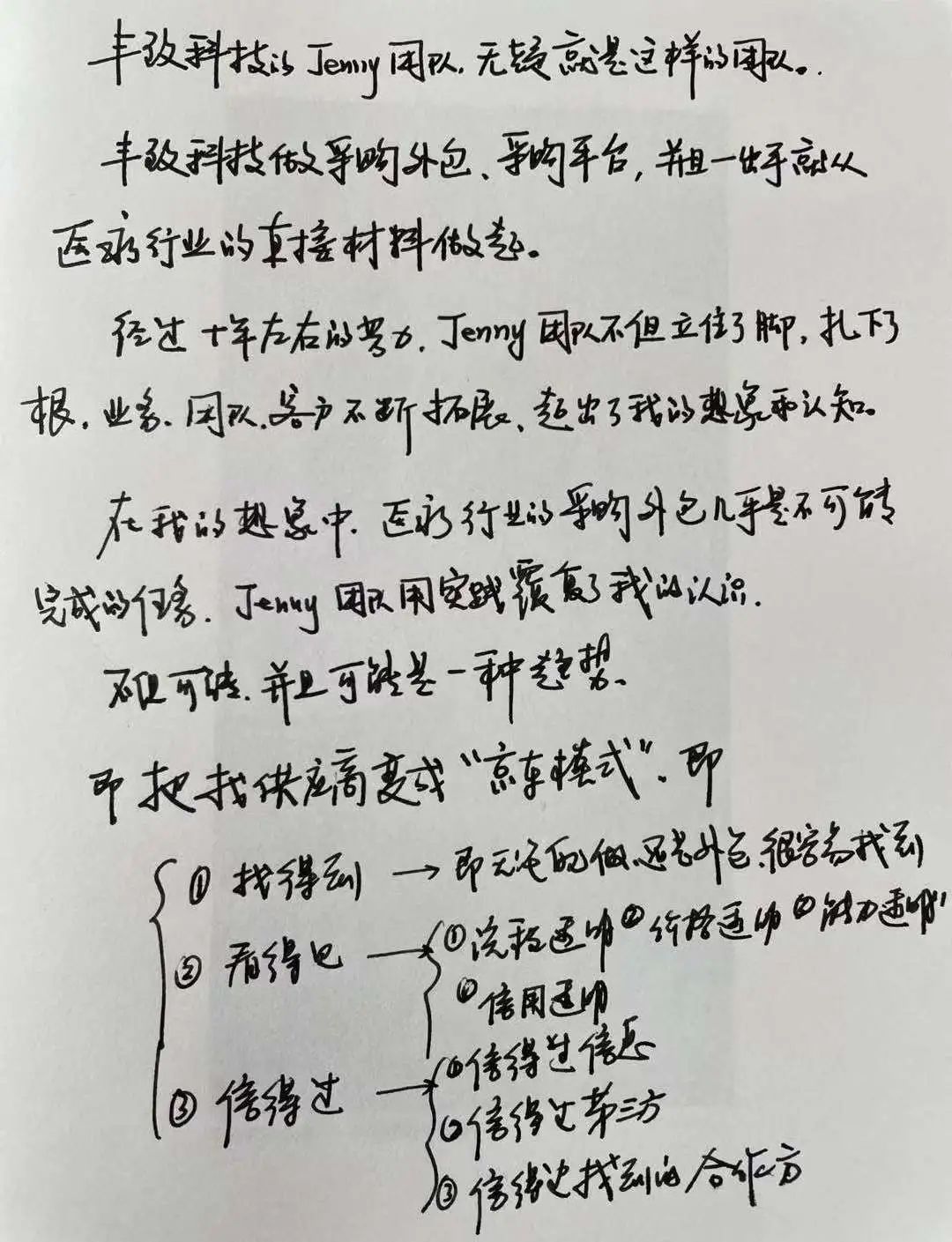
Special thanks: ELITE Business School tirelessly organized the “100 days of business”, providing managers with a good opportunity to communicate and interact.
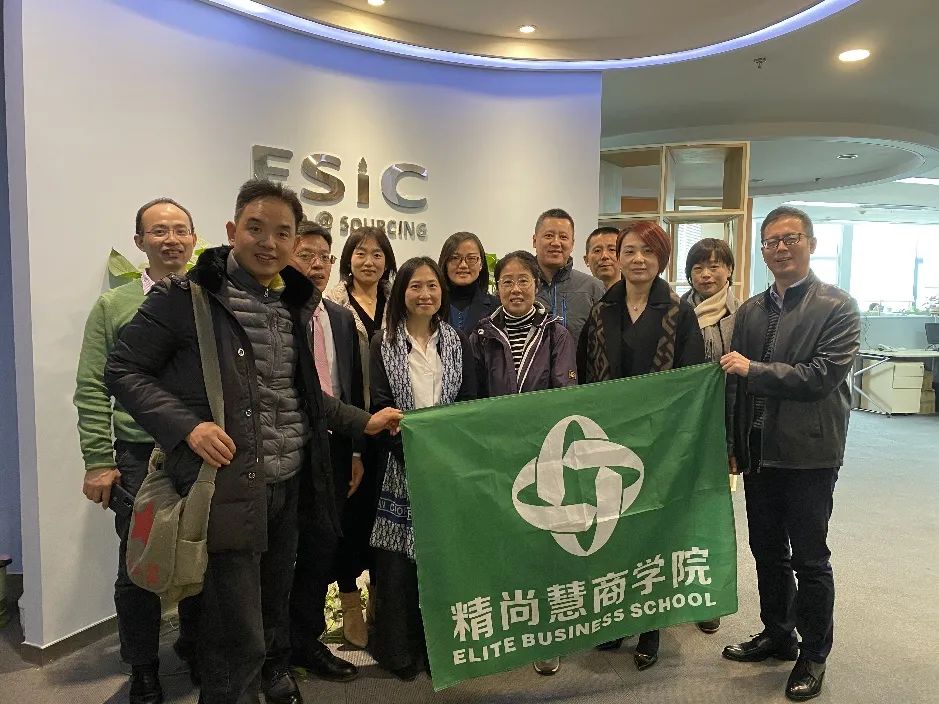

InCap Partners with ESiC to Strengthen Asia-Pacific Electronics Procurement in China.
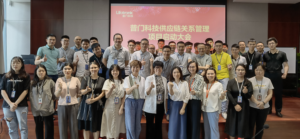
Lifotronic partners with ESiC to implement a comprehensive SRM digital procurement system, enhancing supply chain capabilities to support its medical technology growth strategy.
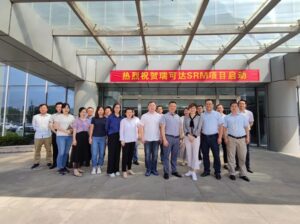
Suzhou Recodeal partners with ESiC to implement digital SRM solutions, aiming to optimize procurement processes and enhance supply chain efficiency across its global operations.
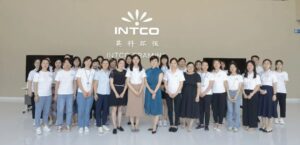
Intco Group collaborates with ESiC to digitally transform procurement for its medical and recycling subsidiaries through SRM implementation and strategic consulting, enhancing supply chain efficiency and supporting rapid business growth.
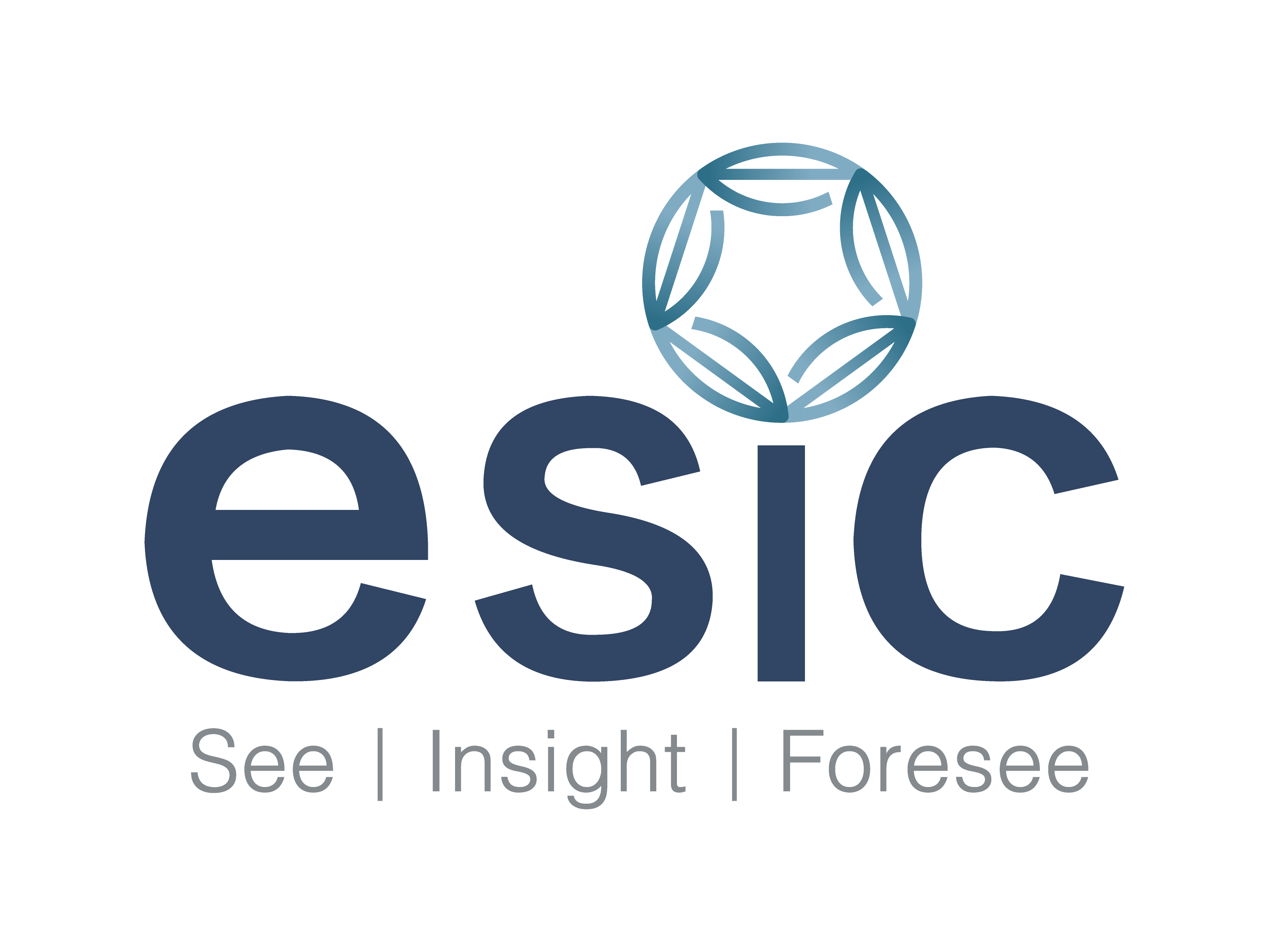
Help each other with sincerity, devote ourselves to excellent procurement. Wish we can meet a beautiful procurement life with you!
Phone:051262792351 transfer 8001
Email:Query@esicint.com
ESiC 2025 © All Rights Reserved.